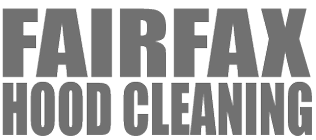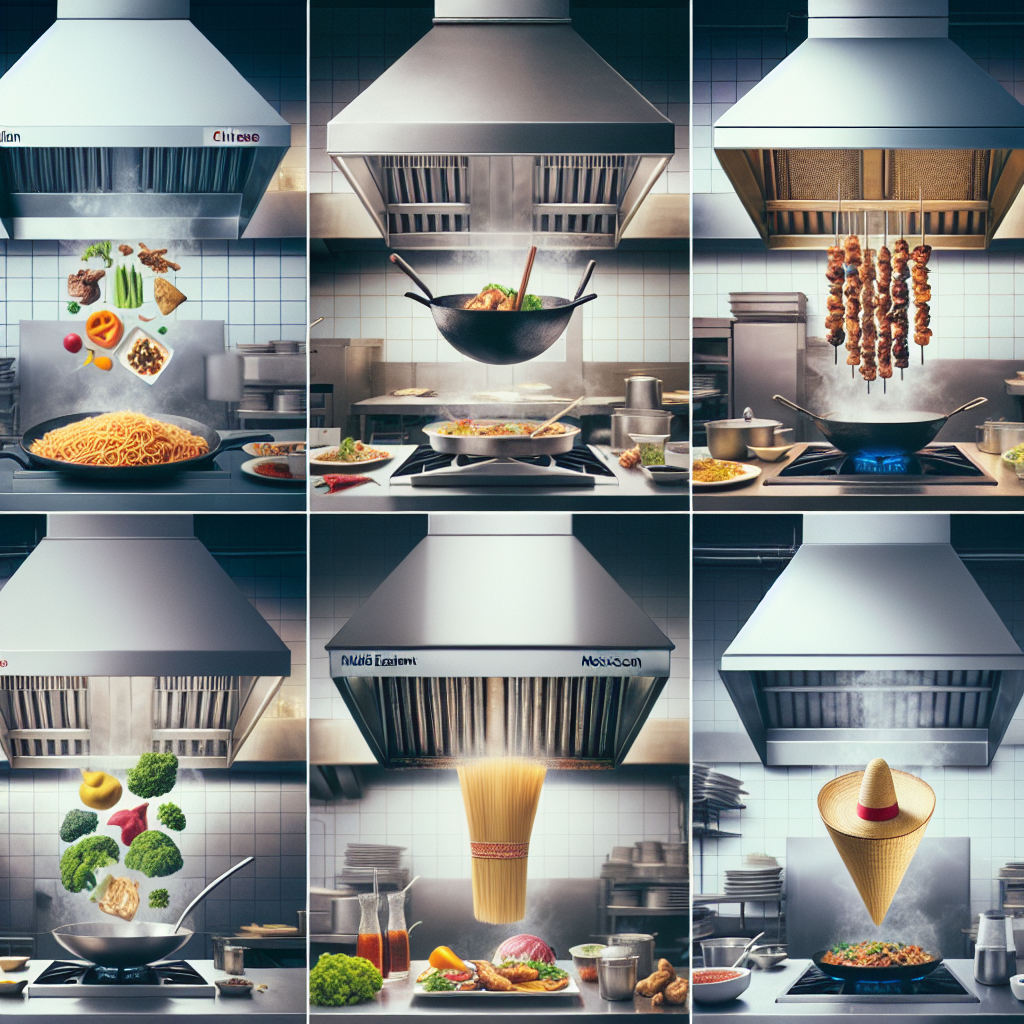Introduction to Hood Cleaning Across Cultures
Whether you’re running a bustling Mediterranean bistro or a cozy American diner, one aspect remains crucial: hood cleaning. Proper maintenance of kitchen exhaust systems is vital for both safety and regulatory compliance. However, the specific requirements often vary across different culinary traditions. In this guide, we’ll explore the unique considerations for various cultural cuisines and how to approach hood cleaning to ensure your restaurant remains in top shape.
American Cuisine: The Classics
American restaurants often deal with a variety of cooking styles, from deep-frying to grilling. This results in a high accumulation of grease, smoke, and other residues in the kitchen exhaust system. Regular restaurant hood cleaning is non-negotiable to prevent kitchen fires and maintain hygiene standards.
Considerations:
- High grease accumulation due to the popularity of fried foods.
- Importance of heavy-duty degreasers and frequent cleaning schedules.
- Ensuring all staff are aware of the importance of hood maintenance.
Italian Cuisine: An Olive Oil Odyssey
Italian cooking involves a substantial amount of olive oil and tomato-based sauces, which can contribute to a different type of grease build-up compared to American kitchens. Proper commercial kitchen hood cleaning practices can address these specific challenges.
Considerations:
- Moderate grease levels, primarily from olive oil, which is less sticky but still flammable.
- Regular cleaning to prevent grease from clogging the exhaust system.
- Focus on thorough cleaning of filters to remove tomato sauce residues.
Chinese Cuisine: Stir Fry Drama
The high-heat cooking methods used in Chinese kitchens, like stir-frying and deep-frying, lead to significant grease and smoke production. Effective exhaust hood cleaning is vital to keep the kitchen environment safe and functional.
Considerations:
- Rapid accumulation of grease and smoke due to high-heat cooking.
- Need for more frequent and intensive cleaning schedules.
- Ensuring efficient ventilation to manage continuous high-heat cooking.
Indian Cuisine: Spice and Smoke
Indian cooking is beloved for its rich spices and flavorful curries, but these can also pose challenges for Fairfax Hood Cleaning. The combination of oils and spices can create stubborn residues that require specialized cleaning techniques.
Considerations:
- Sticky residue from spice mixes and oil-based cooking methods.
- Using specific cleaning agents that can effectively break down spice oils and residues.
- Attention to detail in cleaning to prevent residue build-up over time.
Mediterranean Cuisine: Light and Airy
Mediterranean kitchens tend to use lighter oils like olive oil and cooking methods such as grilling and baking. These can result in lower grease accumulation but still demand consistent exhaust hood cleaning to maintain air quality and safety.
Considerations:
- Lower grease accumulation but still essential to clean regularly.
- Emphasis on keeping filters clean to ensure good air circulation.
- Routine inspections to catch any issues early.
Mexican Cuisine: Sizzle and Spice
Mexican cuisine often involves grilling, frying, and the use of spicy ingredients, all of which can influence the type of residues found in the exhaust system. A strategic approach to restaurant hood cleaning can tackle these unique challenges.
Considerations:
- Moderate to high grease and smoke levels from frying and grilling.
- Residue from chili oils and salsas that can be particularly sticky.
- Specialized cleaning to handle both grease and spicy residues.
Conclusion: The Global Necessity of Hood Cleaning
Regardless of the culinary style, consistent and effective commercial kitchen hood cleaning is essential for maintaining safety standards and ensuring the efficient functioning of the kitchen. Each type of cuisine presents unique challenges, but with proper knowledge and routine maintenance, these can be efficiently managed.
If you’re in the Fairfax VA area and need professional help with restaurant hood cleaning, don’t hesitate to contact Fairfax Hood Cleaning. Ensuring your kitchen’s hood system is clean and operational will keep your restaurant running smoothly and safely.
Frequently Asked Questions
Why is hood cleaning important for restaurants?
It prevents fire hazards, ensures compliance with health regulations, and maintains a clean working environment.
How often should restaurant hoods be cleaned?
This depends on the type of cuisine and the volume of cooking, but a general rule is every three months for high-use kitchens.
Can I clean the hood myself?
While regular surface cleaning can be managed in-house, professional cleaning is essential for deep cleaning and compliance.


